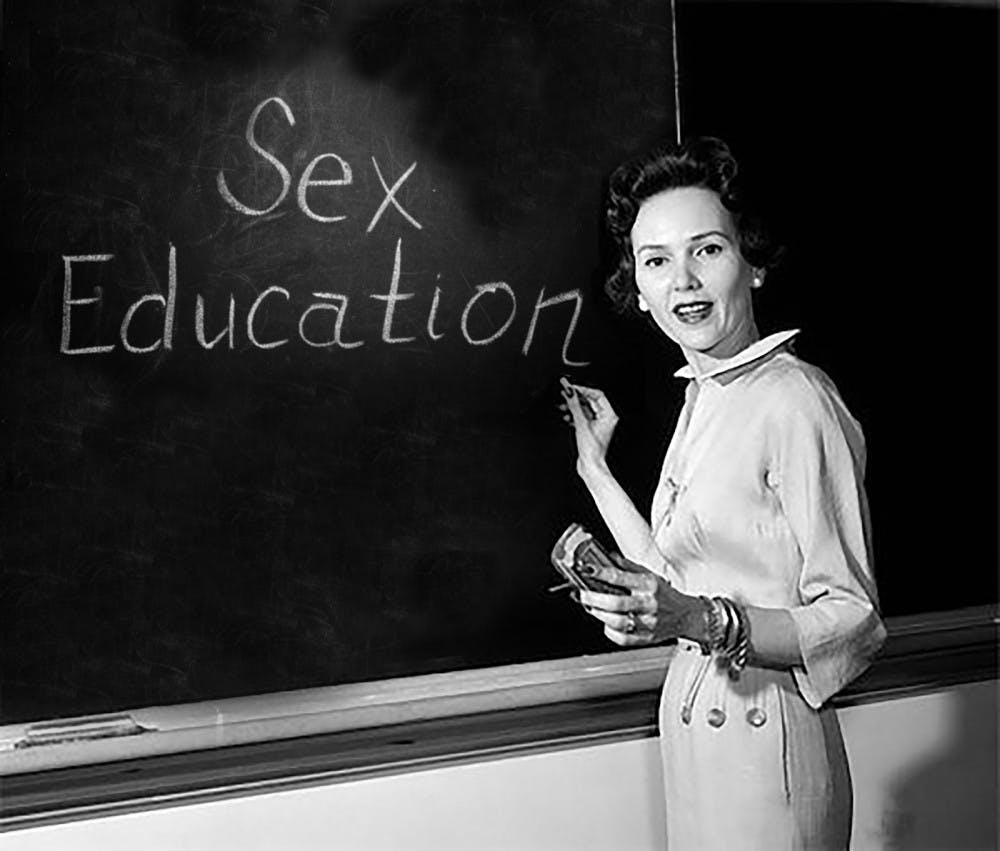Voters decided to uphold Senate Bill 5395, a win for comprehensive sexual education according to proponents.

Referendum 90 was recently passed by Washington state voters. The referendum’s passing has raised questions from parents to school administrators and lawmakers about what will need to change within sexual education programs around the state.
Senate Bbill 5395 requires Washington public schools to provide comprehensive sexual health education for all students. Beginning in the 2021-22 school year, this bill would apply to students grade 6-12, K-6 students would begin health education in the 2022-23 school year.
Andrew Villeneuve, executive director of the Northwest Progressive Institute, said Referendum 90 passing means that students will have access to sexual health education no matter where they live in Washington State.
Villeneuve said it is a basic premise of the education system that goes back to statehood. The state constitution says it is a paramount duty of the state to educate the youth within Washington's borders.
“All we want to see is students being taught concepts like affirmative consent, no matter what zip code they’re in,” Villeneuve said.
Students shouldn’t have to be in Bellevue, Seattle or Tacoma to get access to information, Villeneuve said. If a student happens to live and go to school in Prosser, Aberdeen or other rural areas, they should still have access to the same information that is available in a bigger school district with a more liberal electorate.
“Referendum 90 was simply a vote on whether the law should be kept or not; it’s basically a people's veto if you will,” Villeneuve said. “So it’s like the people saying whether they should keep the law or get rid of it, and the people chose to keep the law.”
Referendums give voters an opportunity to approve or reject laws either proposed or enacted by the Legislature, according to information put out by the Washington Secretary of State’s office.
Villeneuve said school districts will get to adopt their own curriculum. The districts will still have some flexibility in how they present their material, and there will still be local control.
Lauren Redden, the marketing and communications manager for the King County Sexual Assault Resource Center, said starting sexual education lessons early can help students build a social-emotional foundation, which can help them form healthier relationships throughout their lifetimes.
“These lessons can help young people who are victims of sexual assault and abuse by equipping them with facts and information, such as accurate names for their body parts, that help them speak out and be understood by trusted adults,” Redden said.
“Referendum 90 did not change our current practices, and it did not mandate a curriculum,” said Dana Smith, Bellingham School District communications manager and media liaison.
Bellingham City Schools have found their sexual education program doesn’t need to change with the passing of Referendum 90. Smith said they already have a comprehensive sexual education program established to educate K-12 students.
Bellingham Public Schools already has guidelines in place for sexual health education. The 6-8 graders follow the KNOW curriculum, and the high school health classes use the FLASH curriculum, Smith said.
Smith said that in Bellingham schools policy and procedure 2125 govern sexual health education.
According to policy 2125 of Bellingham School District’s sexual health program, education instruction offered by the district will be medically and scientifically accurate, age appropriate, and appropriate regardless of gender, race, disability status or sexual orientation. Information will include abstinence and other methods of preventing unintended pregnancy and sexually transmitted diseases.
According to procedure guidelines, the information and materials will be provided to parents and guardians one month prior to any planned instruction. Parents and guardians have 10 days before classes begin to remove their child from any planned instruction.
“Parents and guardians have an opportunity to review materials to be used and choose to exclude their child from sexual health education instruction,” Smith said.
The Office of the Superintendent of Public Instruction has a helpful FAQ on their website, Smith said. The website explains and clarifies the bill and addresses some of the misinformation.





